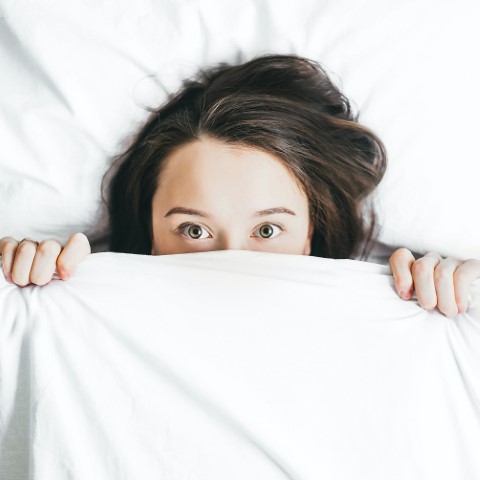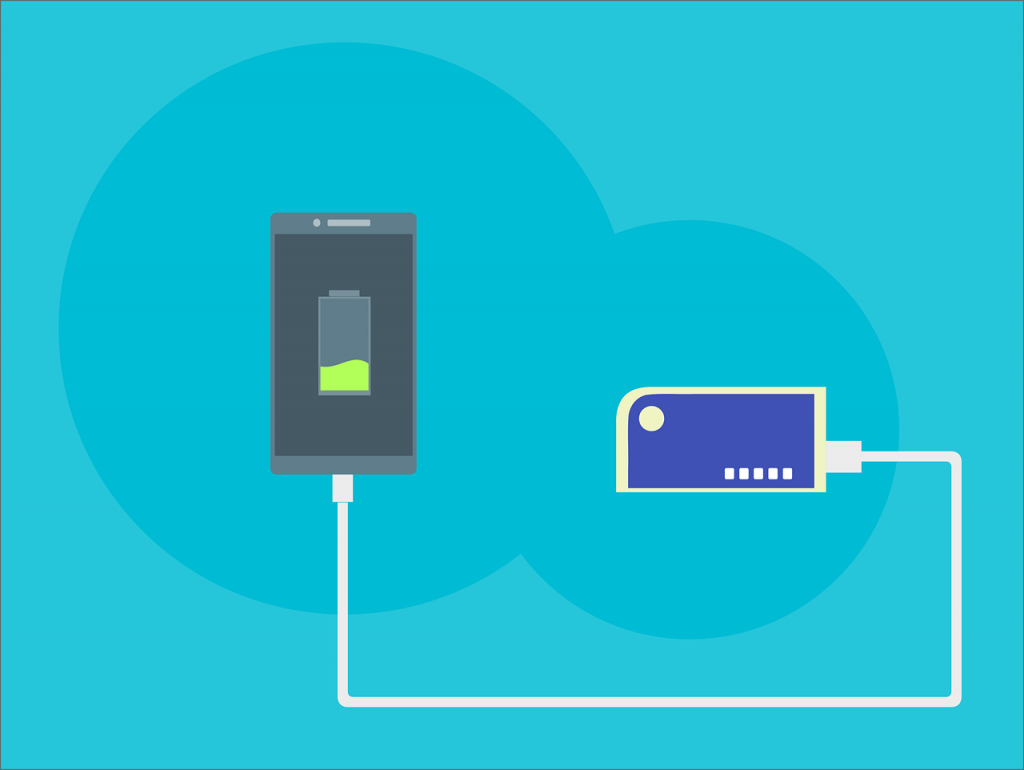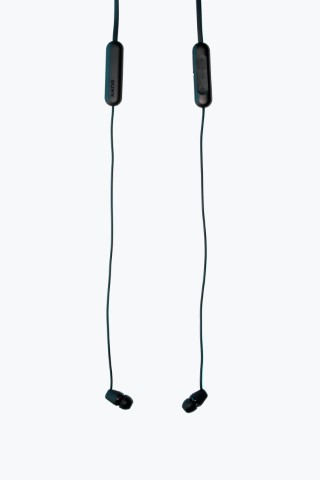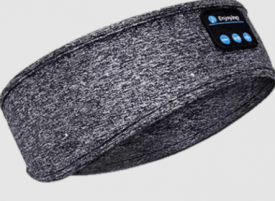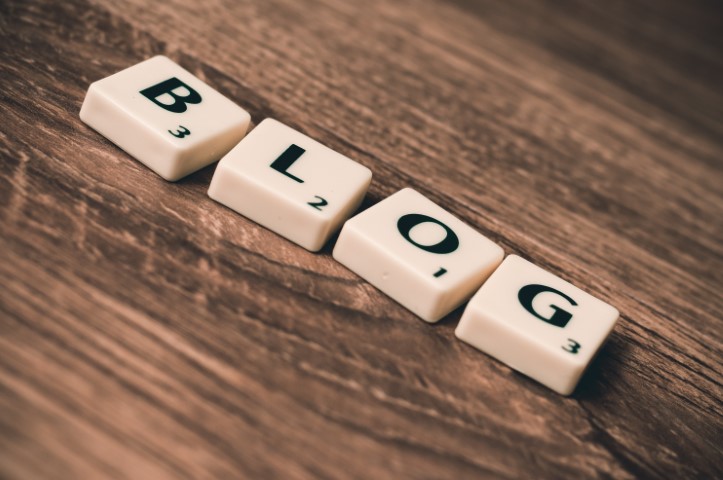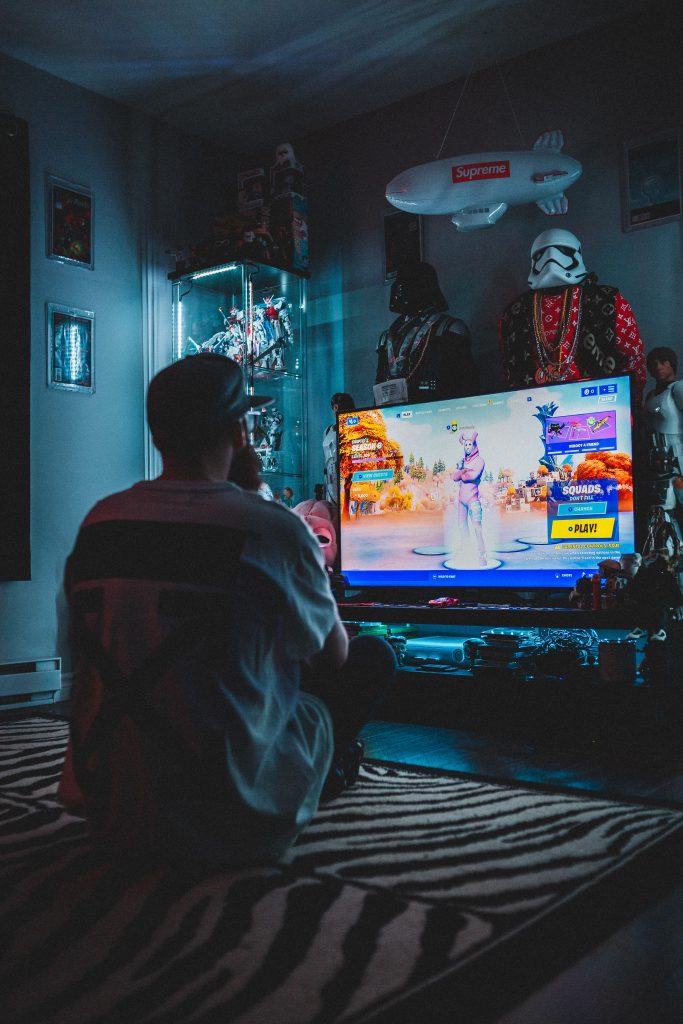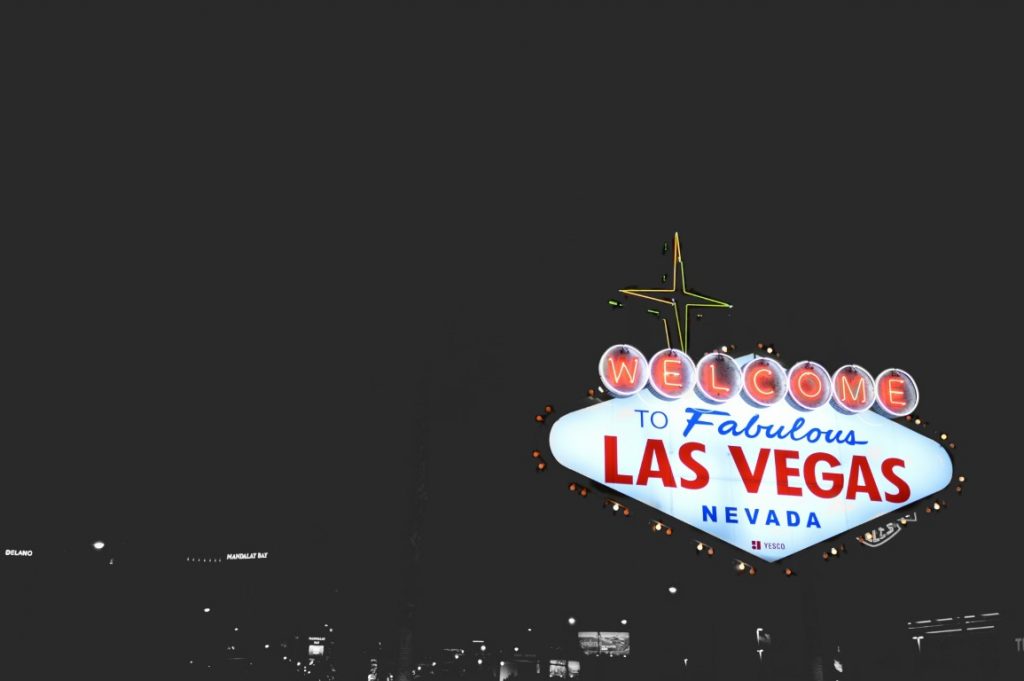- The dreaded 2 am search as to why you can’t sleep at night begins…
- Reasons why you can’t fall asleep at night
- Sleep Hacks to fall asleep faster
- Some simple tipts you can try to fall asleep quicker:
- Things you can do in your daily life to fall asleep faster.
- How do I stop overthinking at night?
- What is Progressive Relaxation?
- Natural products to help you sleep
- What is Melatonin and how does help you sleep?
- How to fight Jet Lag with Melatonin
- Technology and its impact on our sleep
- How does Blue light affect our sleep?
- Why is it important to have a good sleep pattern?
- What happens if you don’t get enough sleep?
- Our final thoughts on getting a good night sleep.
The dreaded 2 am search as to why you can’t sleep at night begins…
It’s 2 AM and you’re still staring at the ceiling, wide awake. You’ve been tossing and turning for what seems like hours, but the clock says it’s only been 45 minutes since you hit the pillow. Ugh. If you are like me and find this is happening more often than not then look no further as I have done every trick you can think of. So let me share the info I have found that might help you learn how to sleep better.
Reasons why you can’t fall asleep at night
There are a few reasons why it might be hard to fall asleep at night. One reason could be stress. If you’re worrying about a project at work or something else in your life, it can be hard to relax and fall asleep.
You might not be able to stop reading our amazing tech blog , but if that is the case we suggest you just bookmark the site and come back later 🙂
Another reason could be technology. If you’re looking at a screen right before bed (e.g., watching TV, working on your laptop, browsing the internet), the blue light from the screen can trick your body into thinking it’s still daytime. This makes it much easier to get a poor sleep and have a late night even when you aren’t planning to.
Sleep Hacks to fall asleep faster
Everyone wants to find the easy way of getting things done. I am no exception and I don’t think there is anyone in the world that chooses to do things the hard way. We all could go to the gym 2 hours a day, but instead there are drug companies spending billions to make a pill so you don’t have to.
But this isn’t a state of the union address, we are just here to find some tips that might help you fall asleep faster.
Some simple tipts you can try to fall asleep quicker:
We have to break this down to two different areas. The first is going to be things you can do while you are almost ready for bed. These are things that will immediatley either help you fall asleep or put you in the zone to sleep.
1. Make sure your bedroom is dark and quiet. This will help your body relax and prepare for sleep.
2. Avoid screens for 30 minutes before bed. This includes TV, laptops, smartphones, etc.
3. Try a relaxation technique like deep breathing or progressive muscle relaxation.
5. Drink some chamomile tea. This can help you relax and feel sleepy.
If you’ve tried all of these things and you’re still not tired, there are a few more things you can try:
1. Listen to calm, relaxing music.
2. Read a book.
3. Write in a journal.
4. Take a relaxing bath.Generally the warmer bath the quicker it can help you sleep.
5. Stretch or do some gentle yoga.
Things you can do in your daily life to fall asleep faster.
- Regular Exercise If you exercise regularly, you will find it easier to fall asleep at night. Exercise helps to improve the quality of your sleep by making it deeper and more restful. It also helps to reduce the time it takes to fall asleep. There are many benefits to exercise, including improved mental health, increased energy levels, and weight loss. However, one of the most underrated benefits of exercise is its ability to help you sleep better. If you find it difficult to fall asleep at night, or if you wake up frequently during the night, try adding some exercise to your daily routine. You may be surprised at how much better you sleep when you make exercise a part of your daily routine.
- Keeping a daily routine If you keep a routine in your daily life you can fall asleep faster. That’s because when you have a routine, your body knows when it’s time to sleep and when it’s time to wake up. And when your body knows when it’s time to sleep, it’s easier for you to fall asleep.
So how can you create a routine that will help you fall asleep faster? First, you need to find a bedtime that works for you. If you’re a morning person, you might not be able to fall asleep at 10pm. And if you’re a night person, you might not be able to fall asleep at 6am. Once you’ve found a bedtime that works for you, stick to it as much as possible.
Go to bed at the same time every night and wake up at the same time every morning. That might mean that you can’t hit the sleep button on your alarm clock but it will likely help you in the long run as it will help your body get into a sleep rhythm. - Keeping a good Circadian Rhythm The circadian rhythm, also known as the sleep/wake cycle, is a natural, daily process that helps regulate when we feel awake and when we feel sleepy. The circadian rhythm is controlled by an internal biological clock that responds to light and dark cues from the environment.
When it is dark, the body produces a hormone called melatonin, which makes us feel sleepy. When it is light, the body stops producing melatonin and we feel awake. The circadian rhythm is important because it helps us to sleep and wake at the right times.
There are a few things that you can do to help support the natural circadian rhythm and sleep better.
One of the most important things is to expose yourself to natural light during the day. This can be done by spending time outside or by using a light therapy box. - Managing your worries It’s normal to have worries and it can be helpful to talk to someone about them. But if you’re worrying about things that have happened during the day, or things that might happen in the future, it can make it harder to sleep. Try to set aside some time during the day to think about your worries. Write them down if it helps. Then, when it’s time to go to bed, put your worries to one side and focus on relaxing. Here is a great video we found that briefly talks about managing your negative thoughts:
How do I stop overthinking at night?
Although it is easier said than done you just rally have to prioritize calming your brain down. This is why it is important to avoid caffeine and other stimulants , as they will not only keep you up but can rev up your brain.
And when your brain starts going quickly it can easily spin out of control, from thinking about the day to thinking about what might have or could have happened and into negative thoughts.
If you can meditate and try to calm your brain down, like a peaceful river instead of a set of rapids swirling around. You might have a better chance at sleeping easier.
What is Progressive Relaxation?
This relaxation technique can help you release tension and fall asleep. I know that it sounds fancy or even dumb, because why be progressive why not totally relaxed? That is because you can’t usually just go from 100-0 , you need to slow down before you come to a full stop and this is really no different than when you approach a red light. You don’t floor it until the last second, you come to a slow stop. So follow these easy steps and see how it goes for you:
1. Starting with your toes, tense the muscles in your feet for 5 to 10 seconds, then relax them.
2. Work your way up your body, tensing and relaxing the muscles in your legs, thighs, buttocks, stomach, chest, arms, hands and neck.
3. Once you’ve tensed and relaxed all the muscles in your body, close your eyes and focus on your breathing.
4. Visualise a peaceful scene, such as a beach or a meadow.
5. Stay in this relaxed state for 10 to 15 minutes and hopefully you are on your way to better sleep.
A side note – For me I have found that being a side sleeper I wasn’t able to get as relaxed as when I did this routine on my back. This is because I felt like I was always off balance. It is hard to describe but when on my back I felt even, so when the relaxation was moving up it was easier than on the side.
If you have trouble following these steps we suggest taking a look and listen to some youtube videos that can guide you. We did , as well as used this sleeping headband , and were really happy with how quickly we could figure out the routine.
Natural products to help you sleep
If you’re looking for natural ways to improve your sleep, there are a number of home remedies you can try. Herbal teas: Herbal teas like chamomile, lavender, and valerian root can be helpful in promoting sleep. They will help you to avoid caffeine as well as raise your body temperature a little bit. Although these might not seem like huge deals , even small changes can help ensure you get enough sleep.
- Chamomile tea contains apigenin, a compound that binds to specific receptors in the brain that have sedative effects.
- Lavender tea has been shown to decrease anxiety and improve sleep quality. And valerian root is a popular herbal remedy for insomnia that has been used for centuries.
- Essential oils can be used in a diffuser or added to your bathtub to help you relax before bedtime. Some of the best essential oils for sleep include lavender, chamomile, and ylang-ylang and are best used in a warm bath, so don’t add them until the water has come up to temperature.
To use essential oils in a diffuser, add a few drops of the oil to the water and turn on the diffuser. You can also add a few drops of oil to your bathtub or put a few drops on your pillow before bedtime. - CBD oil is derived from the cannabis plant and has been shown to improve sleep quality. CBD oil is non-psychoactive and does not produce the “high” associated with marijuana.
What is Melatonin and how does help you sleep?
Melatonin is the hormone that can help you do that. It is a natural hormone that is made by your body and it is responsible for regulating your sleep cycles.If you have trouble sleeping at night, it may be because your body is not making enough melatonin. There are a few things that can cause this including stress, jet lag, and certain medications.
Taking a melatonin supplement can help you sleep better at night. Melatonin works by helping to regulate your body’s sleep-wake cycle. It is responsible for making you feel sleepy at night and helping you to stay asleep. It does this by binding to receptors in the brain that are responsible for sleep. There are a few things that you can do to make sure that you are getting the most out of your melatonin supplement.
Make sure to take it about an hour before you want to go to sleep. This will give it time to start working. Also, avoid taking it with alcohol or caffeine as this can make it less effective.
How to fight Jet Lag with Melatonin
While you can use melatonin to help you sleep at home many people will use it to help them get over jet lag quickly. That is because when they travel your body feels confused as it is brighter or darker so quickly , and you might not be in a comfortable temperature anymore, depending on how far you traveled.
You will be falling asleep at different times,waking up in the early afternoon and overall needing to adgust to a different sleep environment during ( or after) your flight. If you are going into a new time zone you will for sure notice the bright sunlight and impact on your overall health.
Many doctors can perscribe different pills to help, but often I find that they leave me looking for nighttime snacks or with a groggy feeling for too long. This is why I have personally used Melatonin as there have been a lot of studies that show it is pretty safe to be use. So if you are looking for something that can help, I would suggest getting a dark sleep mask, a bottle of Melatonin ( and follow their directions) and you should be able to get a quicker relaxation response even if you change time zones.
Technology and its impact on our sleep
If you are like me you probably check your phone a lot, while you are on your computer, and sometimes while your TV is playing in the background. We all know how easy it is to be over connected in todays world and how hard it can be to cut off that connection.
What if you miss a text, a snap, an instagram message, a facebook alert, and email… the list can go on forever and ever. It is very easy to see how this impacts our sleep… and not in a good way.
How does Blue light affect our sleep?
How does Blue light affect our sleep? Why does it make us stay up later? It’s no secret that the blue light emitted by our electronic screens can have a negative effect on our sleep. But why is this? And what can we do about it?
The reason blue light affects our sleep is because it suppresses the production of melatonin, the hormone that makes us feel sleepy. Melatonin is produced in response to darkness, so when we’re exposed to blue light in the evening, our bodies think it’s still daytime and we don’t get that sleepy feeling.
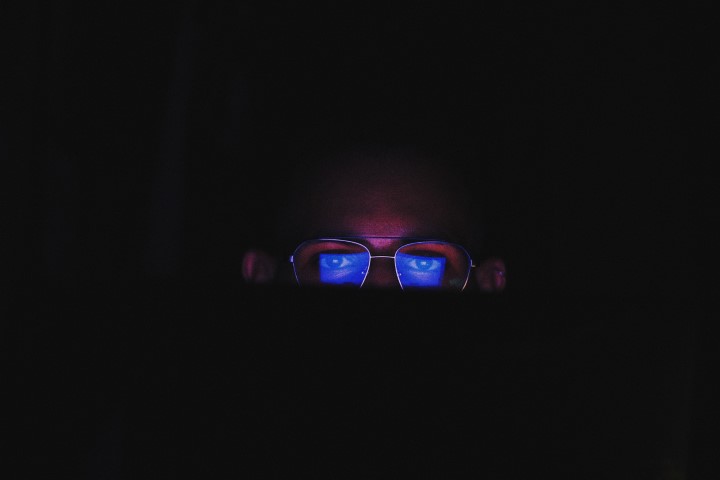
There are a few things we can do to combat the effects of blue light on our sleep. First, we can try to avoid using screens in the couple of hours before bed. If that’s not possible, there are filters you can download that will reduce the blue light emitted by your screen.
And, finally, there are special glasses you can wear that block blue light. If you’re having trouble sleeping, it’s worth looking into how blue light might be affecting you and taking some steps to reduce your exposure to it in the evening. By including these changes into your sleep habbits you might make your sleep enviroment a lot better to fll asleep in.
Why is it important to have a good sleep pattern?
There are many reasons why a good sleep pattern is important.
Firstly, sleep is when our bodies repair and heal themselves. When we sleep, our bodies produce more hormones that help to repair damaged cells. This is why we feel better after a good night’s sleep.
Secondly, sleep is when our brains consolidate our memories. This means that we are better able to remember things that we have learned when we have had a good night’s sleep.
Thirdly, sleep helps to regulate our mood. When we are tired, we are more likely to be irritable and short-tempered. When we are well-rested, we are more likely to be in a good mood.
Fourthly, sleep helps to boost our immune system. When we are tired, we are more susceptible to colds and other illnesses.
Finally, sleep is when we dream. Dreams are a way for our brains to process information and to sort through our memories. Dreams can also be a source of inspiration.
What happens if you don’t get enough sleep?
When you don’t get enough sleep, your body doesn’t have time to enter the deep REM state that is crucial for restoring your mind and body.You may have trouble focusing and remembering things. You may also find yourself getting sick more often.
What is REM sleep?
REM sleep is a type of sleep that is characterized by the rapid eye movement of the eyes. This type of sleep is also known as paradoxical sleep because it is a state of sleep that is similar to being awake. The brain is active during REM sleep and this is the time when people dream.
REM sleep is typically a shorter phase of sleep than non-REM sleep and people usually cycle through all stages of sleep several times throughout the night. The first period of REM sleep usually occurs about 90 minutes after falling asleep. This is why it is so importnat to have good sleep habits because with continual sleep difficulties you will risk not only your health but your mind as well.
What happens if you don’t get enough REM sleep?
Without deep REM sleep, you’ll start to feel tired and run down. Your body needs deep REM sleep to heal and repair itself. When you don’t get enough deep REM sleep, your body can’t heal as well and you may start to feel more pain.
There is also a chance you might have a hard time fighting off infection. If you don’t get enough sleep, it can also affect your mood as we all know that being hangry is pretty close to being sleepy and irritable.
You may have trouble with anxiety and depression. As you can see it is important for a lot of different reasons to get enough, and good quality sleep , full of the REM sleep requirments you ened.
Our final thoughts on getting a good night sleep.
As you can see there is a lot of info and simple tips that claim to help you reduce the amount of time needed for you to get to sleep and in turn boost your datime energy. It isn’t lost on me that it’s a lot easier to say have a bed time that you go to sleep at every night, and start your deep breathing exercise when in reality life doesn’t work that way.
That is why I find that if you can fallow the simple tips that are provided they might be able to help. There is no reason to raise your blood pressure if you miss the time you are going to bed. But the one thing I have found is that by having a constant exercise habit it helps me go to be a lot. And when I go to bed on time I notice a totally different daytime energy the next day.
With so many things that can affect sleep quality it might seem like the world is out to get you and ruin your sleep. But don’t worry, if you make little changes every day you should see an increase in your mental and physical health.
And if at the end of this there is no end to the tunnel of bad sleep you might want to get some professional help as it can really have a huge impact on your health if you continually have poor sleeps. There are a lot of sleep studies that you can check out if you want, but working with a dedicated sleep clinic or your doctor might be an easier and quicker way to getting you better and more restful sleeps.
